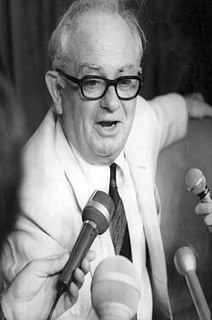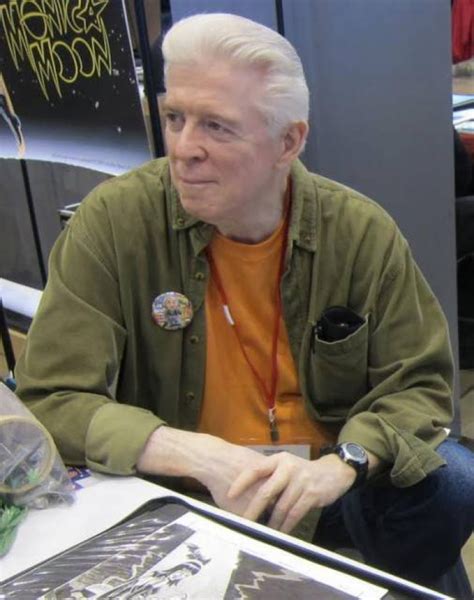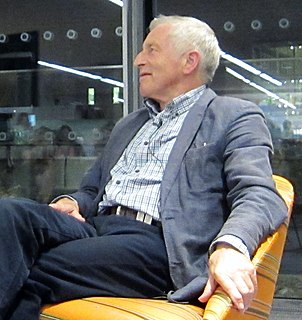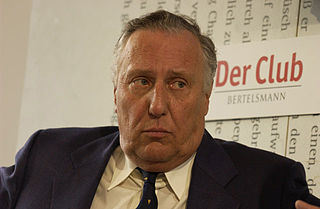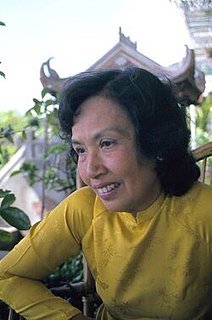A Quote by George McGovern
We seem bent upon saving the Vietnamese from Ho Chi Minh, even if we have to kill them and demolish their country to do it....I do not intend to remain silent in the face of what I regard as a policy of madness which, sooner or later, will envelop my son and American youth by the millions for years to come.
Related Quotes
I see no reason to believe that the Vietnamese Communist Party will lose control over the reins of power in Vietnam. There is no organized force in the country that is capable of competing with the VCP for power. And the party still believes that it must rule by intimidation and by dominating the political scene In effect, it has abandoned that part of Ho Chi Minh's legacy that the people must be won over by persuasion rather than by force - a dictum that Ho Chi Minh did not always follow himself.
On many occasions in the late 1950s and 1960s, [Ho Chi Minh's] ideas were apparently ignored by those who felt that his approach was too naive and prone to compromise. The outbreak of open warfare with the French and later with the United States was in effect a sign of the failure of Ho Chi Minh to achieve his objective to fight and win at low cost.
When he served in China during World War II, [Ho Chi Minh] learned about Mao Zedong's tactics of guerrilla war against the Japanese (and later against Chiang Kai-shek's forces), and he translated some of Mao's works into Vietnamese. But it is clear that his own ideas on how to counter the enemy ran along the same lines.
The British left intermittently erupts like a pustule upon the buttock of a rather good country. Seventy years ago it opposed mobilisation against Adolf Hitler and worshipped the other genocide, Josef Stalin. It has marched for Mao, Ho Chi Minh, Khrushchev, Brezhnev and Andropov. It has slobbered over Ceausescu and Mugabe. It has demonstrated against everything and everyone American for a century.

